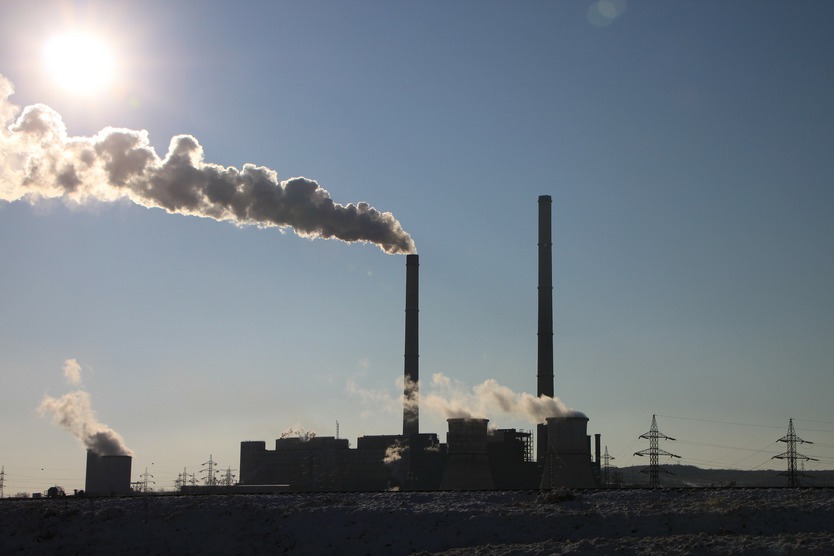
The project aims to show that high heat infrastructures can be converted to low heat systems which draw energy from geothermal sources, wastewater and waste heat – each district will demonstrate a different area of innovation.
The coronavirus crisis has not held back the launch of the second “Reallabor der Energiewende” in the former coal mining regions of North Rhine-Westphalia. On May 1, four urban districts in Gelsenkirchen, Mönchengladbach, Herne and Erkrath began testing so-called fifth generation energy systems as part of the TransUrban.NRW initiative. Over the next five years, the districts will shift to low temperature, local heating networks which use renewables and waste energy sources.
TransUrban.NRW was one of 20 winners of Reallabor competition which was presented by Germany’s economics minister Peter Altmaier in summer 2019. Altmaier describes this month’s launch as “an important signal in difficult times” in a BMWi press release. “Our real-life laboratories combine large-scale innovation projects with an industrial policy claim. They test new future technologies of the energy turnaround and thus make an important contribution to the structural change in the former coal regions,” he says.
The four NRW networks are still operating at high temperatures in order to receive heat and steam from coal-fired plants. The project aims to show that high heat infrastructures can be converted to low heat systems which draw energy from geothermal sources, wastewater and waste heat – each district will demonstrate a different area of innovation.
In the new climate-friendly model, LowEx (Low Exergy) or “anergy” systems will be used on a local level, which operate at far lower temperatures in the range of 10 to 40 degrees Celsius. This will enable heat to be transferred between producers and consumers. Buildings like data centres or industrial plants could transmit excess heat to other buildings, for example.
E.ON Energy Solutions GmbH is the delivery partner in the TransUrban.NRW consortium, which received just under EUR 1.1 million from the Federal Ministry for Economics and Energy (BMWi) in 2019 to carry out the real-life testing until 2025.


